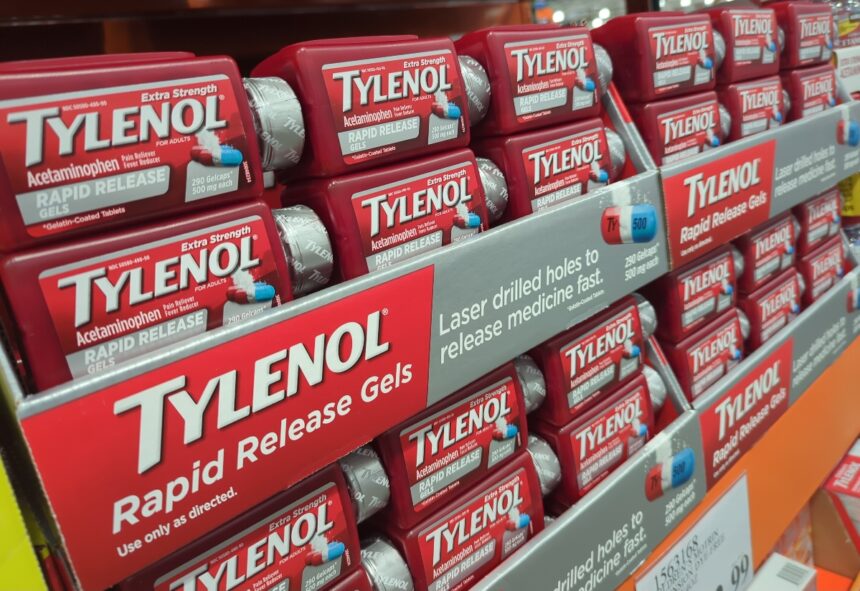The pharmaceutical company Kenvue, manufacturer of Tylenol, the popular brand of paracetamol in the United States, rejected Monday, September 22, the statements of President Donald Trump, who called for limiting its use in pregnant women because of its possible link to autism.
“We strongly disagree with any suggestion contrary to independent science,” said Melissa Witt, spokeswoman for Kenvue in an interview with the U.S. media outlet The New York Times.
Tylenol manufacturer defends itself after Trump’s statements
“Some 40-70% of mothers who have children with autism believe that their child was injured by a vaccine. President Trump believes that we should be listening to these mothers instead of gaslighting and marginalizing them like prior administrations.” – @SecKennedy pic.twitter.com/491tqIpgKy
– The White House (@WhiteHouse) September 23, 2025
“We are deeply concerned about the risk this poses to the health of expectant mothers,” Witt added in remarks that come alongside a warning issued by Trump directly linking Tylenol as a cause of autism in minors.
In the United States, Tylenol is one of the most widely used over-the-counter pain relievers and fever reducers.
With millions of consumers choosing it annually for pain and fever relief.
The brand is owned by Kenvue, a company spun off from Johnson & Johnson.
Tylenol generates million-dollar sales, estimated at about $1 billion a year, according to the drugmaker’s website.
“We strongly recommend that women limit the use of Tylenol during pregnancy unless medically necessary,” Trump said during a White House press conference.
Trump kicked off his speech by calling the autism situation in the United States a “horrible crisis” and said there is “no downside” to stopping the drug.
The Trump Administration ordered the drug to be labeled in retail centers because of the risk it may carry.
The American College of Obstetricians and Gynecologists issued a statement assuring that acetaminophen is safe.
He added that diseases treated during pregnancy “are far more dangerous than any theoretical risk and can cause serious health problems,” Steven J. Fleischman, president of the organization, wrote.
With information from EFE






















